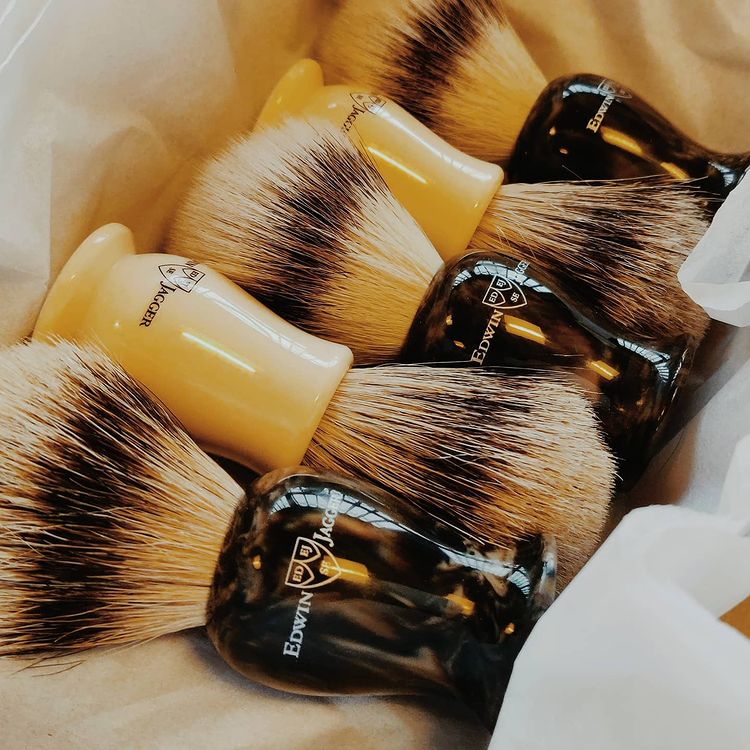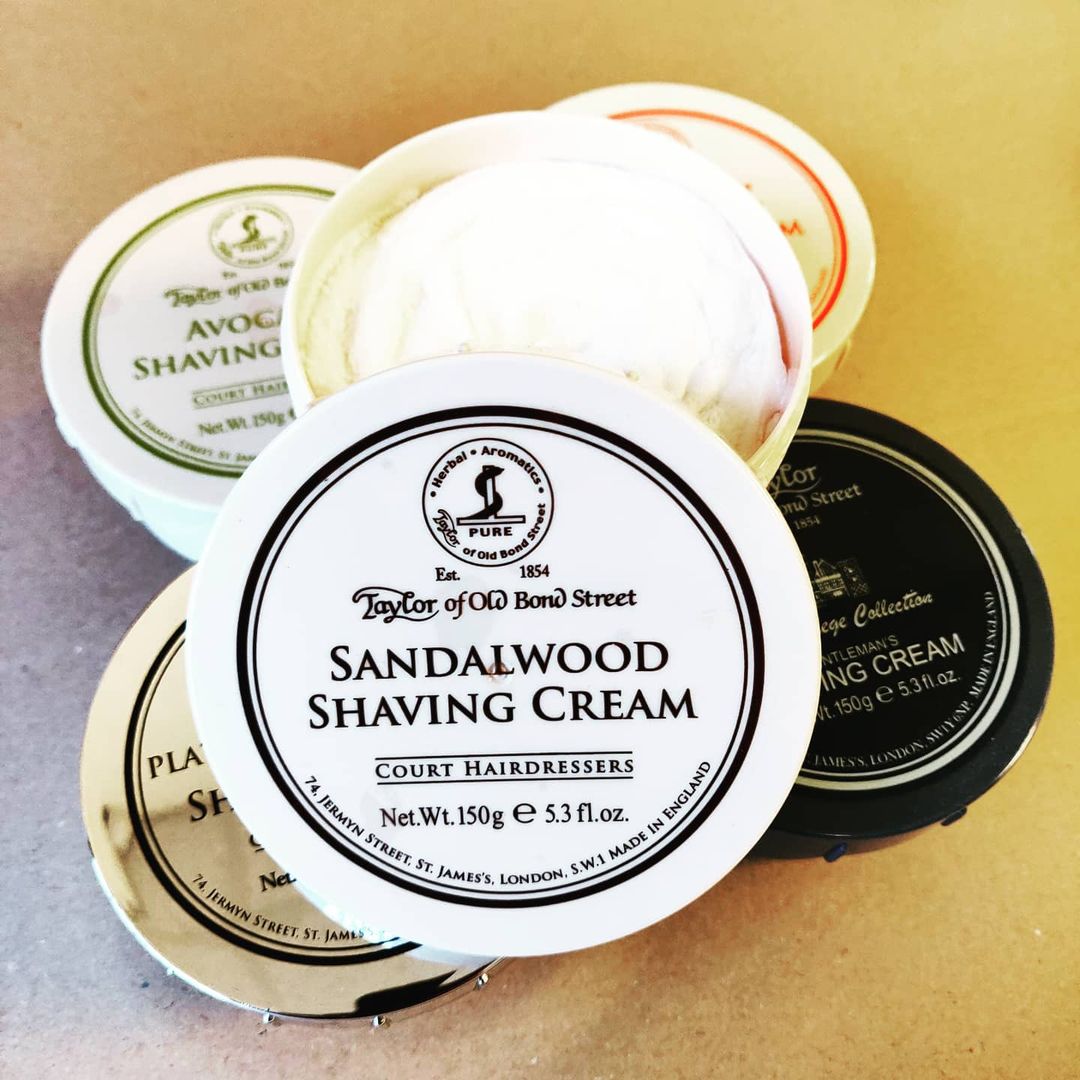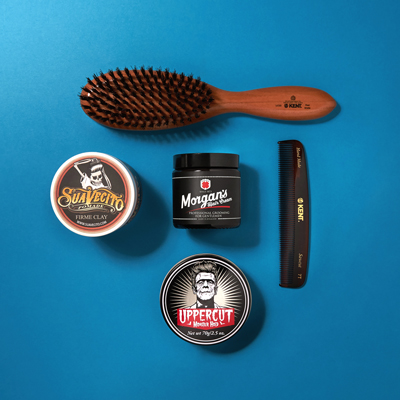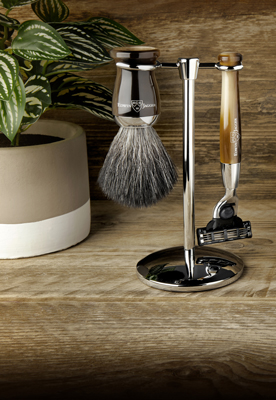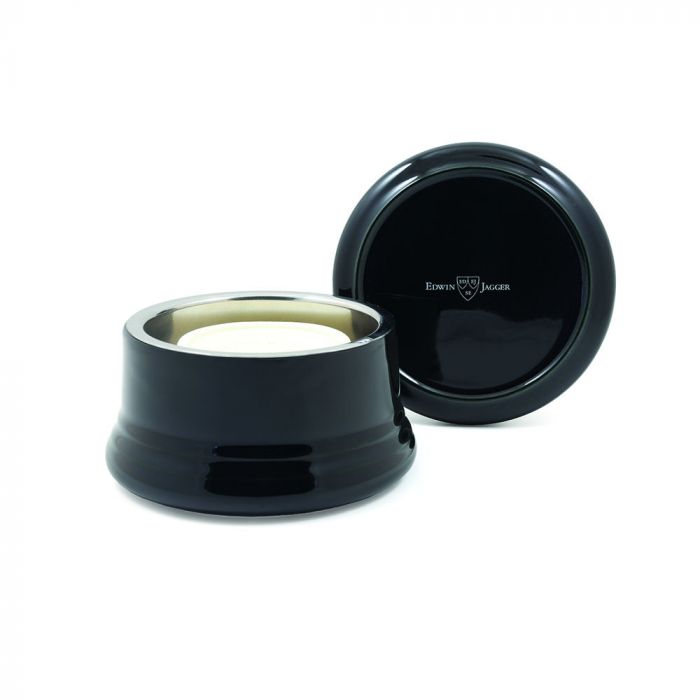Choosing The Right Moisturiser For Your Skin
Skin care is important. It helps you to feel good, look good and keep your skin healthy even as you get older, but it’s important to find the right moisturiser for your skin or you can end up causing more problems than you solve! Read our top tips on how to choose the right moisturiser for your skin.

Know Your Skin Type
The first step in choosing the right moisturiser is knowing what your skin type is. This is really important as it will impact which moisturiser you need and what properties you need to look out for.
Dry skin - Your skin will often feel dry day-to-day and you might notice it flakes easily. Your face will feel tight and you might notice visible dry patches if you don’t moisturise after washing.
Oily skin - Oily skin is caused by an excess of natural sebum - your skin’s own moisturising oil. If you have oily skin, it might often feel greasy to touch and will look shiny. You might have problems with spots or acne, but this isn’t always the case.
Combination skin - This means you have oily skin in some areas of your face and dry skin in other areas.
With any skin type, you’ll want to find the moisturiser that works for you. If you have oily skin you might not need to use moisturiser that often, but after washing your face it can be really helpful and it will also help to give your skin SPF protection if you choose the right cream.
The Right Moisturiser
Once you know your skin type you can make an informed decision about what moisturiser and what properties you need to look for.
Moisturiser Texture
The texture and consistency of your moisturiser is one of the most important things.
Light
Face moisturisers on the whole are lighter than hand or body moisturisers, but they still can come in different thicknesses. Lighter ones are most suitable for people with oily skin. When your skin produces a lot of sebum naturally, you don’t want to add too much additional moisturiser so a light cream that soaks in quickly is ideal.
Creamier
The drier your skin, the more thick and creamy your moisturiser should be. It will help replenish oils in your skin to keep it from drying out. A thicker moisturiser will be more effective than a lighter moisturiser and last for a longer period of time.
If you have combination skin, it can be a good idea to choose a lighter moisturiser so as not to trigger acne on the oily areas of your face.
Ingredients
When choosing a moisturiser it’s important to check the ingredient list to make sure it has ingredients that won’t cause you to have an allergic reaction, or clog up your skin.
Allergens
Always check the ingredient list for anything you’re allergic to! You can also check the label for ‘allergen free’ which will mean it’s free from ingredients that are likely to trigger problems for your skin.
Parabens
You can also check the ingredient list for parabens. These are preservatives that help extend the shelf life of your product, but there’s some thought that they might be harmful to our bodies. Read more about parabens in our blog post.
Read the Label/Description
The label will also have plenty of other information that you might find helpful. For example, it might label itself as non-comedogenic which means it’s less likely to block up your pores. The label - or the product description if you’re buying online - is also the place you’ll find out if the moisturiser is designed for certain skin types.
SPF
Choosing a moisturiser with an SPF rating is really good for your skin. Dermatologists always recommend SPF moisturisers as the sun is one of the most damaging things for our skin.
Fragrance
This is less about what will suit your skin and more about what suits your preferences. Your moisturiser is going to be applied to your face, so it needs to have a fragrance you’ll appreciate! If you have sensitive skin it can be a good idea to choose an unscented cream as this will be less likely to irritate, but otherwise there are loads of different fragrances available in moisturisers.
When you're looking for the right moisturiser for your skin, be sure to consider what skin type you have and look for a moisturiser that will work with it.




